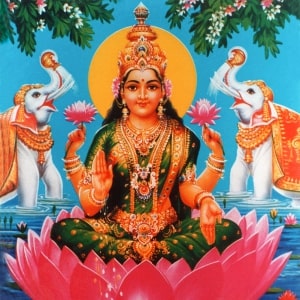The Truth about Valentines Day – Every February, storefronts are adorned with crimson hearts, chocolates fill the aisles of supermarkets, and florists see a surge in sales. It’s the time of year when love is celebrated, and couples exchange tokens of affection. But beneath the veneer of romantic gestures lies a complex history and a myriad of perspectives on what Valentine’s Day truly represents.

The Truth about Valentines Day Origins
The origins of Valentine’s Day can be traced back to ancient Rome, where the festival of Lupercalia was celebrated from February 13th to 15th. This pagan celebration honored the god of fertility and marked the beginning of spring. As Christianity spread, the holiday underwent a transformation to align with Christian beliefs.
The name “Valentine” is associated with multiple martyred saints named Valentine or Valentinus. The most popular legend is that of St. Valentine, a Roman priest who defied Emperor Claudius II’s decree banning marriage for young men. St. Valentine continued to perform marriages in secret, leading to his eventual martyrdom on February 14th. Over time, he became the patron saint of love, and his feast day evolved into the romantic holiday we recognize today.
Commercialization vs. Authenticity
While Valentine’s Day has deep historical roots, its modern incarnation is heavily commercialized. Advertisers bombard consumers with images of lavish gifts, extravagant dinners, and the pressure to express love through material possessions. This commercialization has led many to question the authenticity of the holiday, arguing that it places undue emphasis on consumerism rather than genuine affection.
Moreover, the romantic narrative of Valentine’s Day often overlooks those who may not have a romantic partner or who are experiencing loneliness or heartache. This can exacerbate feelings of inadequacy or exclusion, reinforcing the idea that one’s worth is tied to their relationship status.
However, amidst the commercial frenzy, there are those who choose to reclaim the holiday’s original sentiment of love and compassion. Acts of kindness, expressions of gratitude, and gestures of friendship are all ways to celebrate the spirit of Valentine’s Day beyond romantic love.
Cultural Variations
Valentine’s Day is celebrated in various ways around the world, with different cultures infusing their own traditions and customs into the holiday. In Japan, for example, it’s customary for women to give chocolates to men on Valentine’s Day, with a reciprocal gesture on White Day a month later. In South Korea, the 14th of every month is designated for different types of love and affection, including days for roses, kisses, and even singles.
In some countries, Valentine’s Day is not limited to romantic partners but extends to the celebration of friendships and familial bonds. In Finland, it’s known as Ystävänpäivä, or “Friendship Day,” where people exchange cards and gifts with friends and loved ones.
The Importance of Self-Love
Amidst the flurry of external expressions of love, it’s essential not to overlook the importance of self-love. In a society that often romanticizes relationships and external validation, learning to love oneself is a radical act of defiance. Self-love involves accepting oneself unconditionally, embracing imperfections, and prioritizing personal well-being and happiness.
Valentine’s Day presents an opportunity to practice self-love, whether through acts of self-care, affirmations of self-worth, or simply indulging in activities that bring joy. Cultivating a strong sense of self-love lays the foundation for healthier relationships and a more fulfilling life.
Also Read: Why is Valentines Day celebrated?
The truth about Valentines Day lies not in the commercialized spectacle or romantic clichés but in the multifaceted ways love manifests itself in our lives. Whether celebrating with a romantic partner, friends, or oneself, the essence of Valentine’s Day is rooted in expressions of love, kindness, and connection. By transcending societal expectations and embracing love in all its forms, we can reclaim the true spirit of this holiday and make every day an opportunity to celebrate love in its myriad manifestations.



